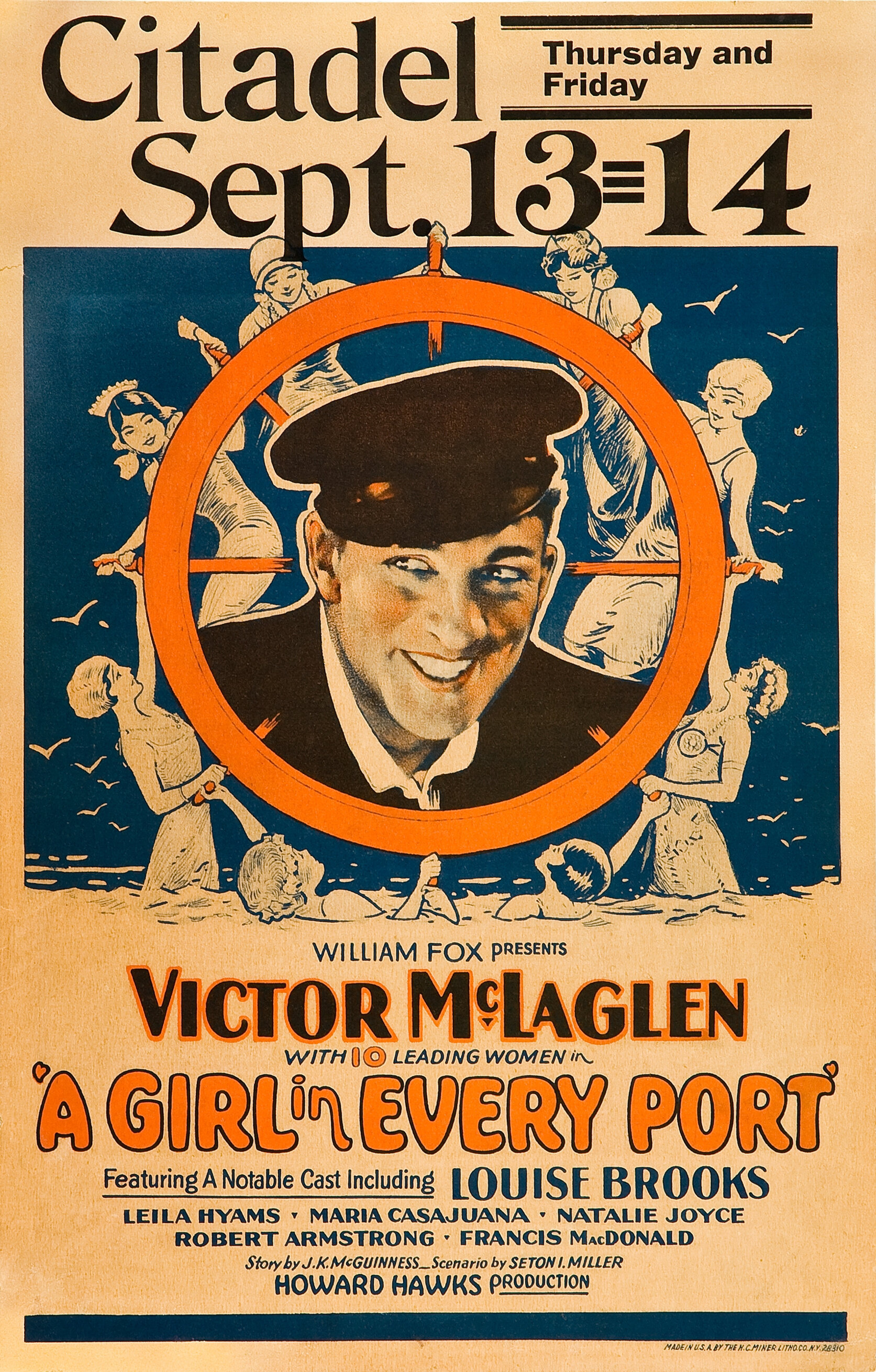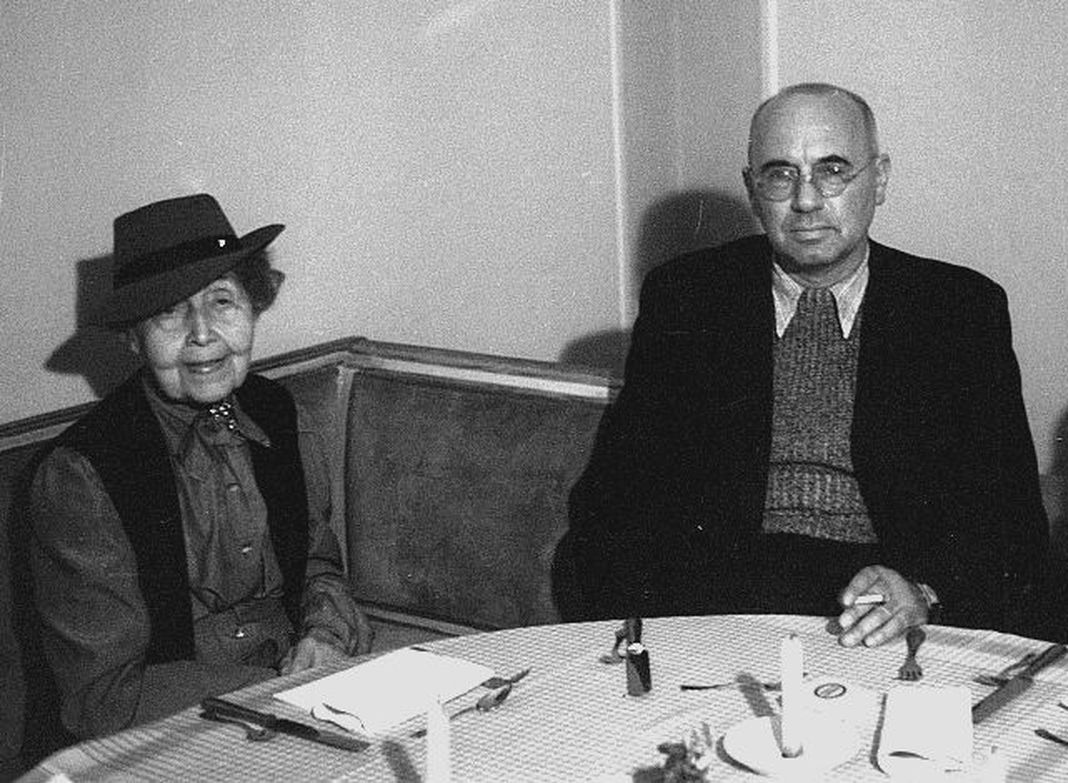|
Budd Fine
Budd Nathan Fine (September 10, 1894 – February 9, 1966) was an American character actor of the silent and sound film eras. Born Budd Nathan Fine on September 10, 1894, in Hartford Connecticut, Fine served in the US Army during World War I, during which he was awarded a Purple Heart. Fine broke into the film industry in a film short in 1924, ''Aggravatin' Papa'', and would make his feature film debut later that year with a small role in the silent film, '' Hold Your Breath''. During the silent film era, he would make mostly shorts, with only a handful of appearances in feature films, including Buster Keaton's ''Battling Butler'' (1926), and as a soldier in the Cecil B. De Mille's 1927 epic, '' The King of Kings''. With the advent of the talking picture, Fine began to work steadily in feature films. He would have small roles in many notable films, such as: the first talking version of Mark Twain's ''A Connecticut Yankee in King Arthur's Court'', 1931's '' A Connecticut Yankee ... [...More Info...] [...Related Items...] OR: [Wikipedia] [Google] [Baidu] |
Battling Butler
''Battling Butler'' is a 1926 American comedy silent film directed by and starring Buster Keaton. It is based on the 1923 musical '' Battling Buttler''. The film entered the public domain in 2022. Plot Alfred Butler is a scion of a wealthy family, but an embarrassment to his father as Alfred is a slight, gentle young man, accustomed to ease and luxury. His father suggests a hunting and fishing trip to toughen him up. Alfred goes on the trip, accompanied by his chauffeur and his personal valet. During the excursion, he falls in love at first sight with a low-class mountain girl who lives with her family in a shack. In order to impress her working-class family, the valet tells them that Alfred is the well-known professional championship fighter who happens to have the same name and fights under the professional sobriquet "Battling Butler". From there, the masquerade must be maintained, in public and in private. When he returns, Alfred is greeted by a cheering crowd of boxing en ... [...More Info...] [...Related Items...] OR: [Wikipedia] [Google] [Baidu] |
Fredric March
Fredric March (born Ernest Frederick McIntyre Bickel; August 31, 1897 – April 14, 1975) was an American actor, regarded as one of Hollywood's most celebrated, versatile stars of the 1930s and 1940s.Obituary ''Variety'', April 16, 1975, page 95. He won the Academy Award for Best Actor for '' Dr. Jekyll and Mr. Hyde'' (1931) and ''The Best Years of Our Lives'' (1946), as well as the Tony Award for Best Actor in a Play for ''Years Ago'' (1947) and '' Long Day's Journey into Night'' (1956). March is one of only two actors, the other being Helen Hayes, to have won both the Academy Award and the Tony Award twice. Early life March was born in Racine, Wisconsin, the son of Cora Brown Marcher (1863–1936), a schoolteacher from England, and John F. Bickel (1859–1941), a devout Presbyterian Church elder who worked in the wholesale hardware business. March attended the Winslow Elementary School (established in 1855), Racine High School, and the University of Wisconsin–Madison, ... [...More Info...] [...Related Items...] OR: [Wikipedia] [Google] [Baidu] |
Lady In The Lake
''Lady in the Lake'' is a 1947 American film noir starring Robert Montgomery, Audrey Totter, Lloyd Nolan, Tom Tully, Leon Ames and Jayne Meadows. An adaptation of the 1943 Raymond Chandler murder mystery ''The Lady in the Lake'', the picture was also Montgomery's directorial debut, and last in either capacity for Metro-Goldwyn-Mayer (MGM) after eighteen years with the studio. As director, Montgomery's ambition was to create a cinematic version of the first-person narrative style of Chandler's Philip Marlowe novels.In the film, Marlowe's name is spelled "Phillip" – with two "L"s – in the opening credits as well as on his detective license. With the exception of a pair each of reflections in a mirror and direct addresses to the audience in character Marlowe is never seen: the balance of the film is shot from the point of view of the central character, seeing only what he does. MGM promoted the film with the claim that it was the first of its kind and the most revolut ... [...More Info...] [...Related Items...] OR: [Wikipedia] [Google] [Baidu] |
Film Noir
Film noir (; ) is a cinematic term used primarily to describe stylish Hollywood crime dramas, particularly those that emphasize cynical attitudes and motivations. The 1940s and 1950s are generally regarded as the "classic period" of American ''film noir''. Film noir of this era is associated with a low-key, black-and-white visual style that has roots in German Expressionist cinematography. Many of the prototypical stories and much of the attitude of classic noir derive from the hardboiled school of crime fiction that emerged in the United States during the Great Depression. The term ''film noir'', French for 'black film' (literal) or 'dark film' (closer meaning), was first applied to Hollywood films by French critic Nino Frank in 1946, but was unrecognized by most American film industry professionals of that era. Frank is believed to have been inspired by the French literary publishing imprint Série noire, founded in 1945. Cinema historians and critics defined the category ... [...More Info...] [...Related Items...] OR: [Wikipedia] [Google] [Baidu] |
Laraine Day
Laraine Day (born La Raine Johnson, October 13, 1920 – November 10, 2007) was an American actress, radio and television commentator, and former Metro-Goldwyn-Mayer (MGM) contract star. As a leading lady, she was paired opposite major film stars, including Robert Mitchum, Lana Turner, Cary Grant, Ronald Reagan, Kirk Douglas, and John Wayne. As well as her numerous film and television roles, she acted on stage, conducted her own radio and television shows, and wrote two books. Owing to her marriage to Leo Durocher and her involvement with his baseball career, she was known as the "First Lady of Baseball". Her best-known films include ''Foreign Correspondent'', ''My Son, My Son'', ''Journey for Margaret'', '' Mr. Lucky'', '' The Locket'', and the '' Dr. Kildare'' series. Early life and education Born La Raine Johnson in Roosevelt, Utah, on October 13, 1920, she was one of eight children in a wealthy family who were members of the Church of Jesus Christ of Latter-day Saints (LDS ... [...More Info...] [...Related Items...] OR: [Wikipedia] [Google] [Baidu] |
Howard Hawks
Howard Winchester Hawks (May 30, 1896December 26, 1977) was an American film director, producer and screenwriter of the classic Hollywood era. Critic Leonard Maltin called him "the greatest American director who is not a household name." A versatile film director, Hawks explored many genres such as comedies, dramas, gangster films, science fiction, film noir, war films and westerns. His most popular films include '' Scarface'' (1932), '' Bringing Up Baby'' (1938), '' Only Angels Have Wings'' (1939), ''His Girl Friday'' (1940), '' To Have and Have Not'' (1944), ''The Big Sleep'' (1946), '' Red River'' (1948), ''The Thing from Another World'' (1951), '' Gentlemen Prefer Blondes'' (1953), and '' Rio Bravo'' (1959). His frequent portrayals of strong, tough-talking female characters came to define the "Hawksian woman". In 1942, Hawks was nominated the only time for the Academy Award for Best Director for '' Sergeant York'' (1941). In 1974, he was awarded an Honorary Academy Awa ... [...More Info...] [...Related Items...] OR: [Wikipedia] [Google] [Baidu] |
Only Angels Have Wings
''Only Angels Have Wings'' is a 1939 American Adventure film, adventure drama (film and television), drama film directed by Howard Hawks, starring Cary Grant and Jean Arthur, and is based on a story written by Hawks. Its plot follows the manager of an air freight company in a remote South American port town who is forced to risk his pilots' lives while vying for a major contract. It features supporting performances from Thomas Mitchell (actor), Thomas Mitchell, Richard Barthelmess, Noah Beery Jr., and Rita Hayworth in her first major role.Frankel, Mark"Articles: ''Only Angels Have Wings'' (1939)."''Turner Classic Movies.'' Retrieved: November 27, 2022. Released by Columbia Pictures in May 1939, the film is generally regarded as being among Hawks' finest films, particularly in its portrayal of the professionalism of the pilots of the film, its atmosphere, and the flying sequences. In 2017, the film was selected for preservation in the United States National Film Registry by the Li ... [...More Info...] [...Related Items...] OR: [Wikipedia] [Google] [Baidu] |
Jean Arthur
Jean Arthur (born Gladys Georgianna Greene; October 17, 1900 – June 19, 1991) was an American Broadway and film actress whose career began in silent films in the early 1920s and lasted until the early 1950s. Arthur had feature roles in three Frank Capra films: ''Mr. Deeds Goes to Town'' (1936) with Gary Cooper, '' You Can't Take It with You'' (1938) co-starring James Stewart, and '' Mr. Smith Goes to Washington'' (1939), also starring Stewart. These three films all championed the "everyday heroine", personified by Arthur. She also co-starred with Cary Grant in the adventure-drama ''Only Angels Have Wings'' (1939) and in the comedy-drama '' The Talk of the Town'' (1942). She starred as the lead in the acclaimed and highly successful comedy films ''The Devil and Miss Jones'' (1941) and ''A Foreign Affair'' (1948), the latter of which she starred alongside Marlene Dietrich. Arthur was nominated for an Academy Award for Best Actress in 1944 for her performance in ''The More the Merr ... [...More Info...] [...Related Items...] OR: [Wikipedia] [Google] [Baidu] |
Cary Grant
Cary Grant (born Archibald Alec Leach; January 18, 1904November 29, 1986) was an English-American actor. He was known for his Mid-Atlantic accent, debonair demeanor, light-hearted approach to acting, and sense of comic timing. He was one of classic Hollywood's definitive leading men from the 1930s until the mid-1960s. Grant was born and brought up in Bristol, England. He became attracted to theater at a young age when he visited the Bristol Hippodrome. At 16, he went as a stage performer with the Pender Troupe for a tour of the US. After a series of successful performances in New York City, he decided to stay there. He established a name for himself in vaudeville in the 1920s and toured the United States before moving to Hollywood in the early 1930s. Grant initially appeared in crime films and dramas such as ''Blonde Venus'' (1932) with Marlene Dietrich and '' She Done Him Wrong'' (1933) with Mae West, but later gained renown for his performances in romantic screwball ... [...More Info...] [...Related Items...] OR: [Wikipedia] [Google] [Baidu] |
The Hunchback Of Notre Dame (1939 Film)
''The Hunchback of Notre Dame'' is a 1939 American romantic drama film starring Charles Laughton and Maureen O'Hara. Directed by William Dieterle and produced by Pandro S. Berman, the film is based on Victor Hugo's 1831 novel. Plot In Paris during the late Middle Ages, Louis XI, the King of France, and his Chief Justice of Paris, Jehan Frollo, visit a printing shop. Frollo is determined to do everything in his power to protect Paris from anything he sees as evil, including the printing press and gypsies. That day is Paris' annual celebration, the Feast of Fools. Pierre Gringoire, a poor street poet, does a play in front of an audience until it is interrupted by Clopin, the King of the Beggars. Esmeralda, a young gypsy girl, is seen dancing in front of an audience of people. Quasimodo, the hunchback and bell ringer of Notre Dame Cathedral, is crowned the King of Fools until Frollo catches up to him and takes him back to the church. Esmeralda is caught by a guard and seeks safet ... [...More Info...] [...Related Items...] OR: [Wikipedia] [Google] [Baidu] |
William Dieterle
William Dieterle (July 15, 1893 – December 9, 1972) was a German-born actor and film director who emigrated to the United States in 1930 to leave a worsening political situation. He worked in Hollywood primarily as a director for much of his career, becoming a United States citizen in 1937. He moved back to Germany in the late 1950s. His best-known films include ''The Story of Louis Pasteur'' (1936), ''The Hunchback of Notre Dame'' (1939) and ''The Devil and Daniel Webster'' (1941). His film ''The Life of Emile Zola'' (1937) won the Academy Award for Best Picture, the second biographical feature to do so. Early life and career He was born Wilhelm Dieterle in Ludwigshafen, the youngest child of nine, to factory worker Jacob and Berthe (Doerr) Dieterle. As a child, he lived in considerable poverty and earned money by various means, including carpentry and as a scrap dealer. He became interested in theater early and would stage productions in the family barn for friends and f ... [...More Info...] [...Related Items...] OR: [Wikipedia] [Google] [Baidu] |
Ethel Merman
Ethel Merman (born Ethel Agnes Zimmermann, January 16, 1908 – February 15, 1984) was an American actress and singer, known for her distinctive, powerful voice, and for leading roles in musical theatre.Obituary ''Variety'', February 22, 1984. She has been called "the undisputed First Lady of the musical comedy stage". Over her distinguished career in theater she became known for her performances in shows such as ''Anything Goes'', '' Annie Get Your Gun'', ''Gypsy'', and '' Hello, Dolly!'' She is also known for her film roles in ''Anything Goes'' (1936), ''Call Me Madam'' (1953), ''There's No Business Like Show Business'' (1954), and ''It's a Mad, Mad, Mad, Mad World'' (1963). Among many accolades, she received the Tony Award for Best Actress in a Musical for her performance in ''Call Me Madam'', a Grammy Award for ''Gypsy'' and Drama Desk Award for '' Hello, Dolly!'' Among the many standards introduced by Merman in Broadway musicals are "I Got Rhythm" (from ''Girl Crazy''); ... [...More Info...] [...Related Items...] OR: [Wikipedia] [Google] [Baidu] |

_1.jpg)

.png)


_-_1.jpg)



